“And if you bring an a meal offering baked in the oven, it shall be unleavened cakes of fine flour mixed with olive oil, or unleavened wafers spread with olive oil.” Leviticus 2:4
Following the celebration of Hanukkah this past month, a unique opportunity opened to the public: the purchase of the remaining olive oil from the production of the ritually pure oil carefully prepared to light the Temple Menorah.
This oil may not be used for the Temple Menorah, but it may be used for lighting Shabbat candles, Hanukkah candles or oil lamps. It is also suitable for bringing a personal “meal-offering” when the Third Holy Temple in Jerusalem is rebuilt.
SORRY WE ARE SOLD OUT!
“We are honored to have been selected by the Mikdash Educational Center to help make this unique olive oil available to the public,” said Rabbi Shmuel Veffer, owner of Galilee Green, to Breaking Israel News. “This oil was specially harvested through hand-picking of the olives that were used to make the menorah oil for the Holy Temple in Jerusalem, which we all pray will be rebuilt very soon.”
The Mikdash Educational Center is a non-profit educational and religious organization dedicated to rekindling the flame of the Mikdash in the hearts of people. Mikdash usually refers to the ancient Holy Temple in Jerusalem and is a combination of two Hebrew words, makom (place) and kodesh (holy). The Mikdash was a holy place where God’s presence resided. A portion of the proceeds for selling the holy olive oil will go towards helping the Mikdash Educational Center.
The production of the holy olive oil for the menorah required following an intricate Biblically-ordained process. Due to the need for only the choicest olives to be used and the tedious process, producing enough oil for reenacting the Temple Hanukkah menorah lightings during the eight day holiday took several years.
Watch us make the oil!
“A dedicated team recreated the exact process used by priests when the Temple stood 2,000 years ago,” noted Rabbi Veffer. “The process involves the pounding of the olives to extract the special oil.”
The time-consuming process comes from the Book of Exodus.
And thou shalt command the children of Israel, that they bring unto thee pure olive oil beaten for the light, to cause a lamp to burn continually. Exodus 27:20
Following the pounding, these choice olives sit for several days, allowing time for the oil to drain out naturally. “Since pressing the olives is not permitted for this special olive oil, the yield is very low. Once the menorah oil was produced, the remaining olives were made into 700 tins of this unique oil which are now available to the public,” continued Rabbi Veffer.
Everyone involved in the oil production and distribution pray for the rebuilding of Jerusalem’s Third Holy Temple “speedily in our days.” When the Temple is rebuilt, those who already have this oil have the opportunity to be first to use it to create a sacrificial meal offering to God.
In ancient Temple days, there were both animal and grain offerings. The grain, or flour offering (often translated as “meal offering”) is referred to in the Bible as minhah (מִנְחָה), which means “gift” and is an offering of thanks. This meal offering may only consist of fine flour, olive oil, salt and incense, usually frankincense. Sacrifices were suspended with the destruction of the second Holy Temple by the Romans in 70 C.E.
Sacrifices, in Hebrew, are called korbanot (קוֹרְבָּנוֹת). The root comes from the word karov (קָרוֹב) which means “to become closer”. The idea of sacrifices is that it is a means to come closer to God and express gratitude or ask forgiveness from the Almighty.
The burning of olive oil in the Temple’s Menorah was considered part of a ritual offering to God. Similarly, meal offerings were brought to a Temple priest who burned a part of it on the Temple’s altar.
“With the recent shameful UN Security Council Resolution 2334 which claims that Jews have no Biblical right to Israel and that the holiest place in the world for the Jewish people, the Temple Mount belongs to the Arabs, now more than ever we must strive to connect to the Holy Temple and Jerusalem,” said Rabbi Veffer. “Getting this special olive oil is a real way to demonstrate our love of Israel and the Bible.”
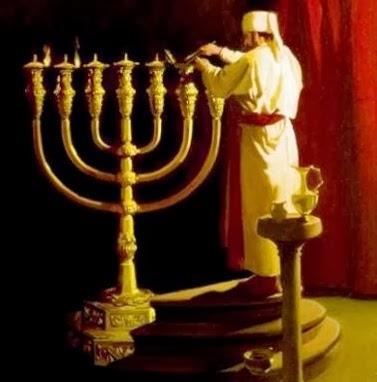
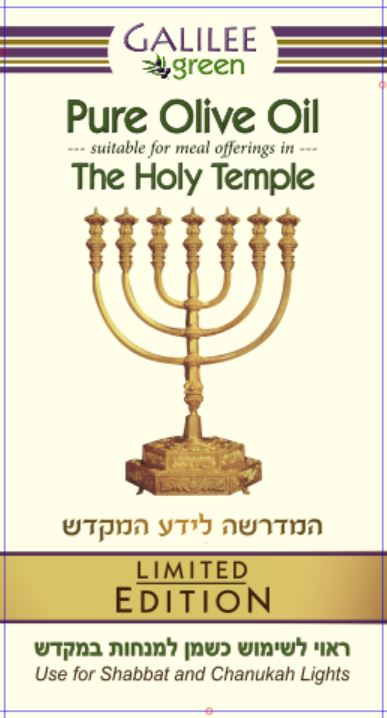

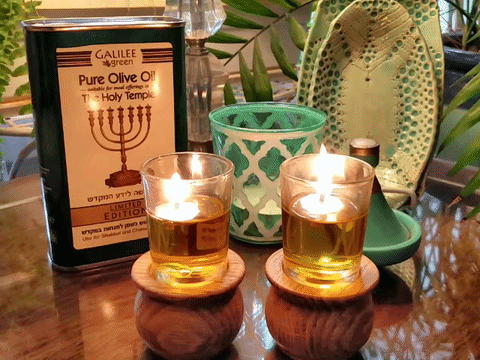
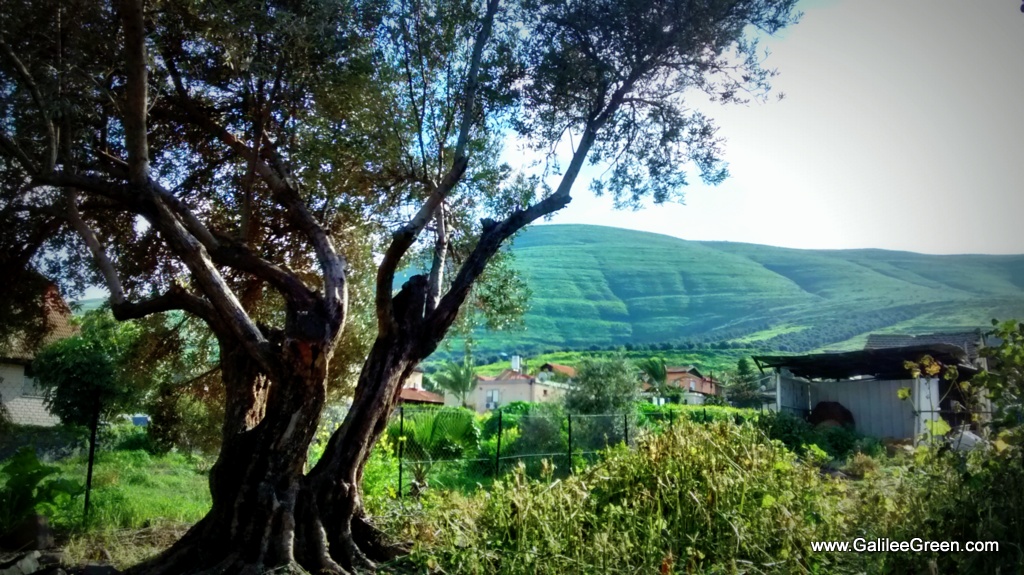
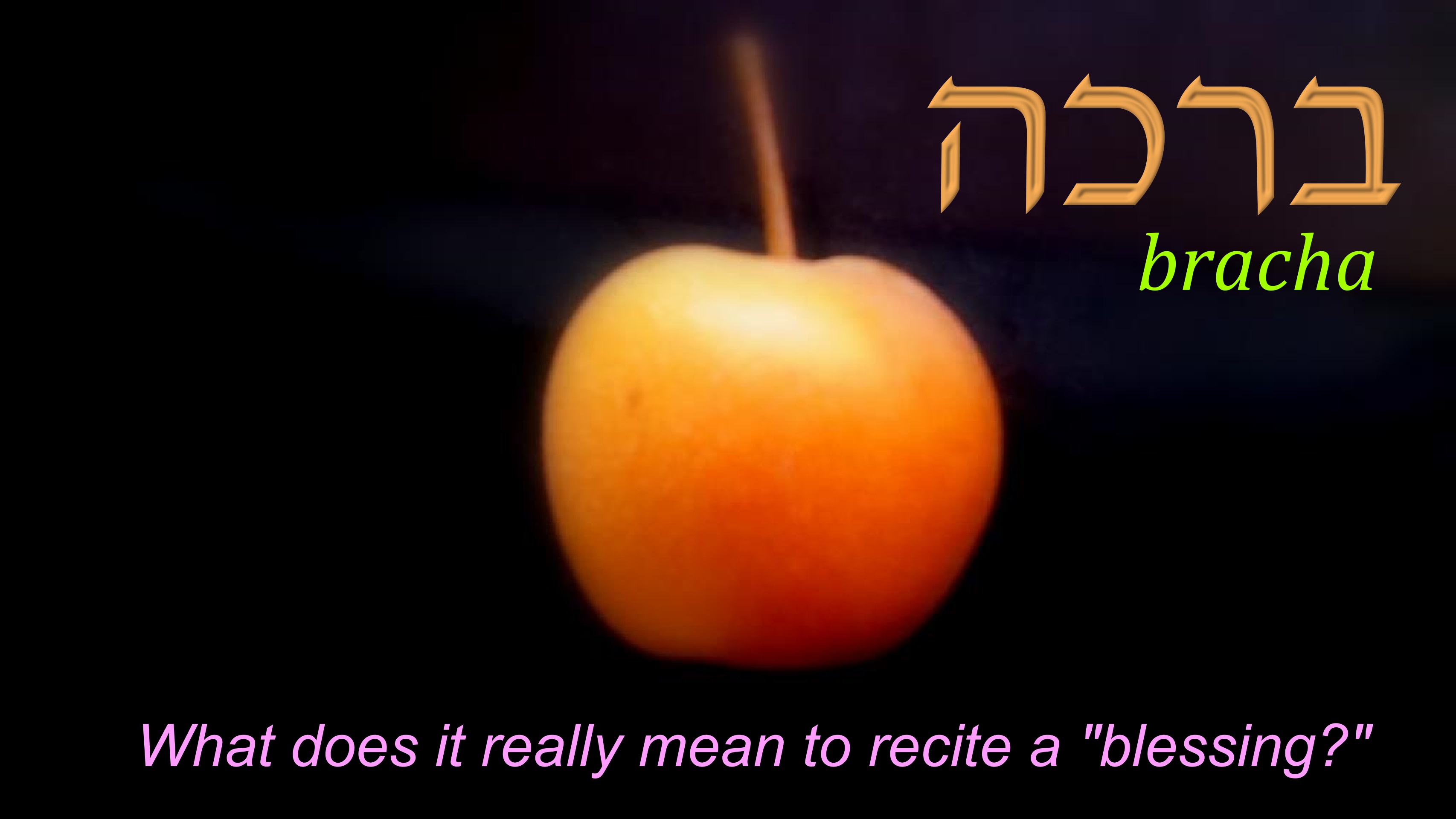

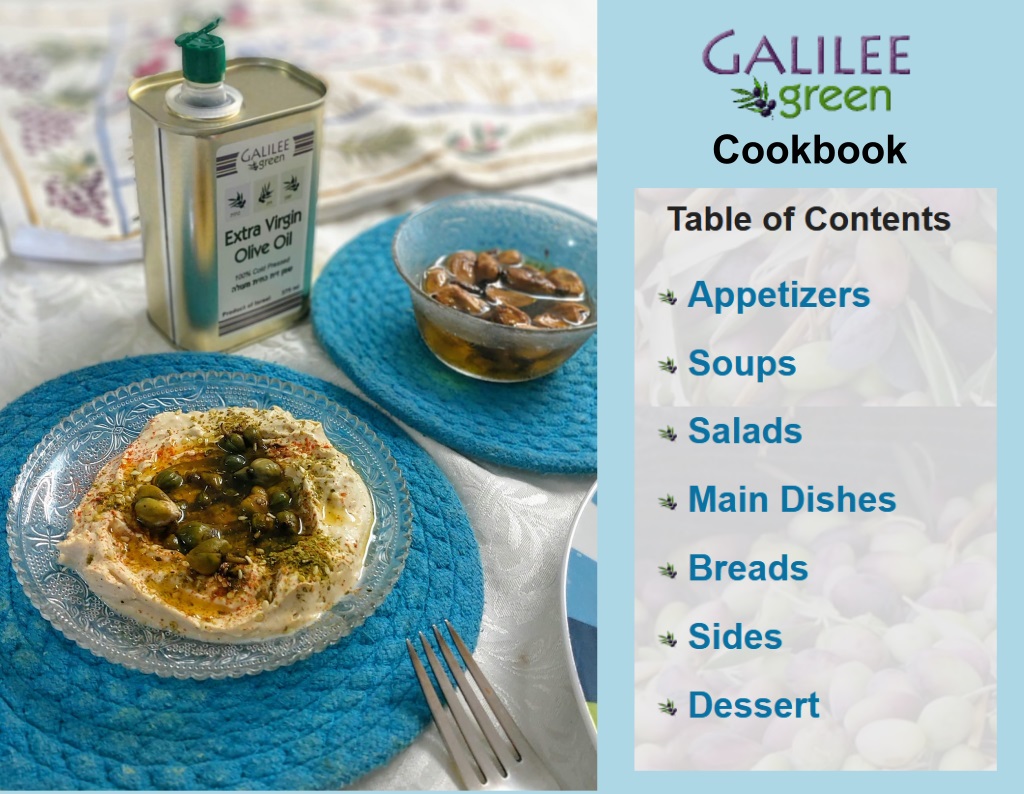
0 Comments